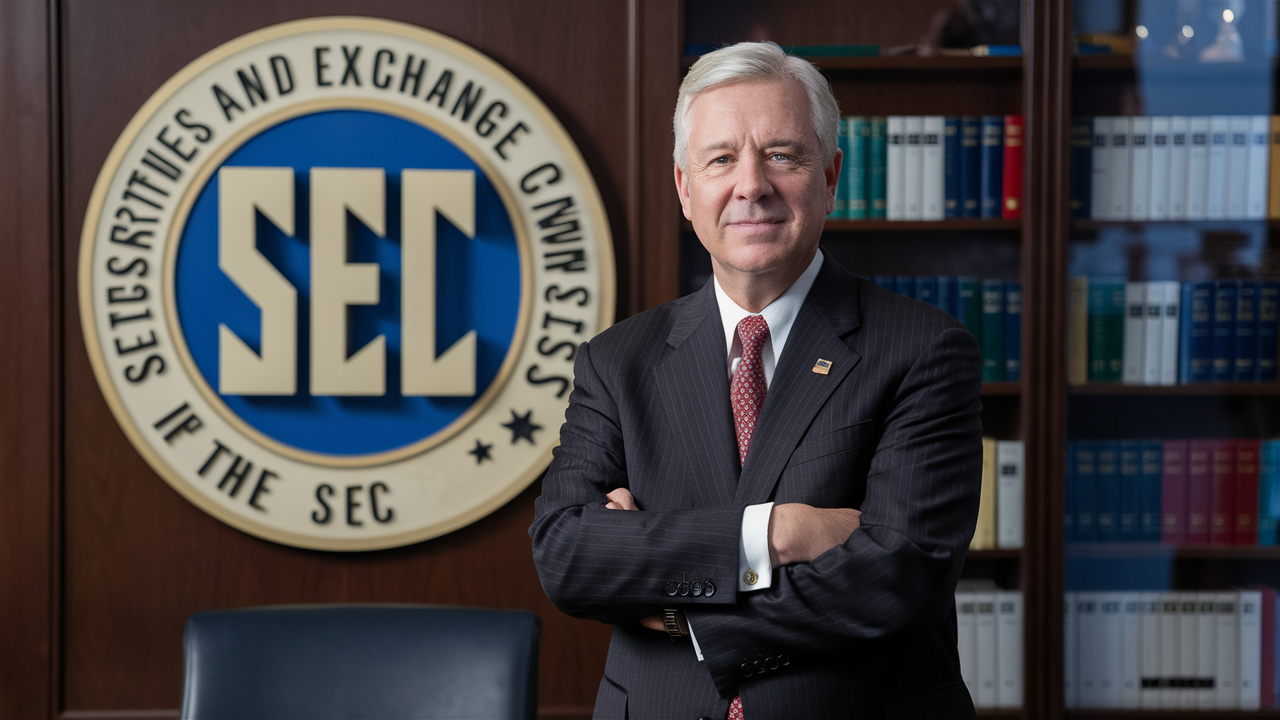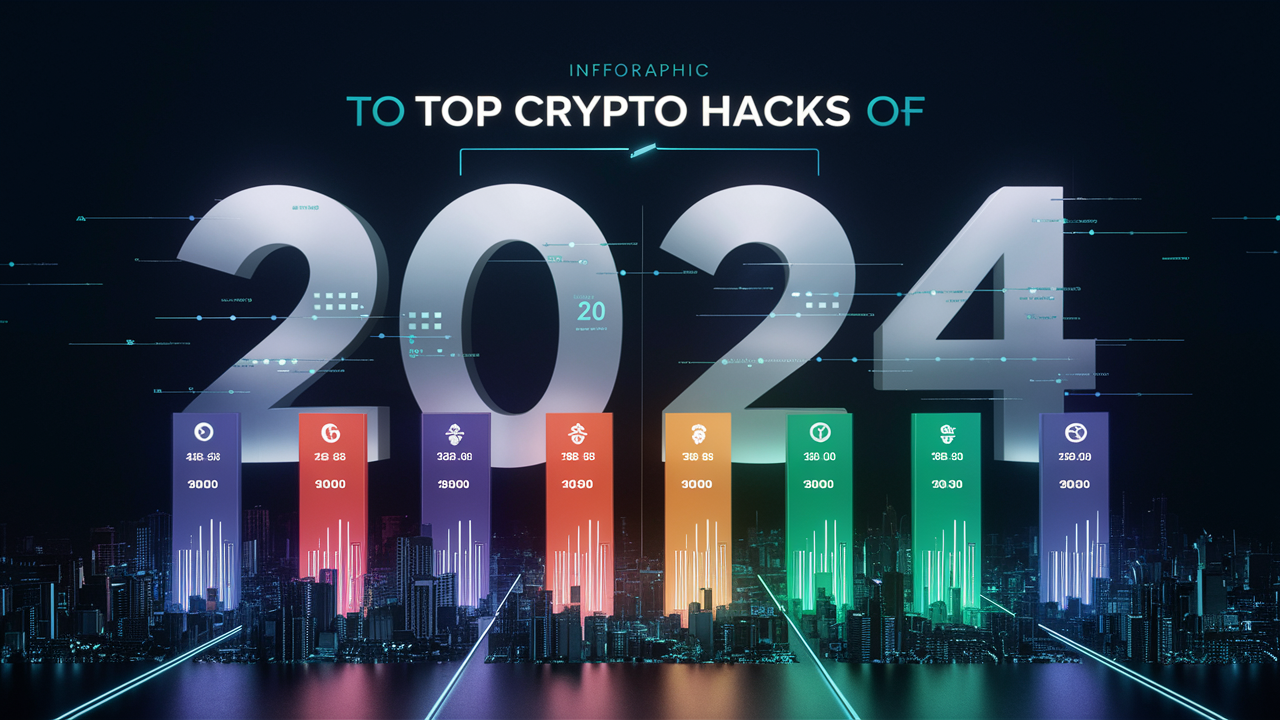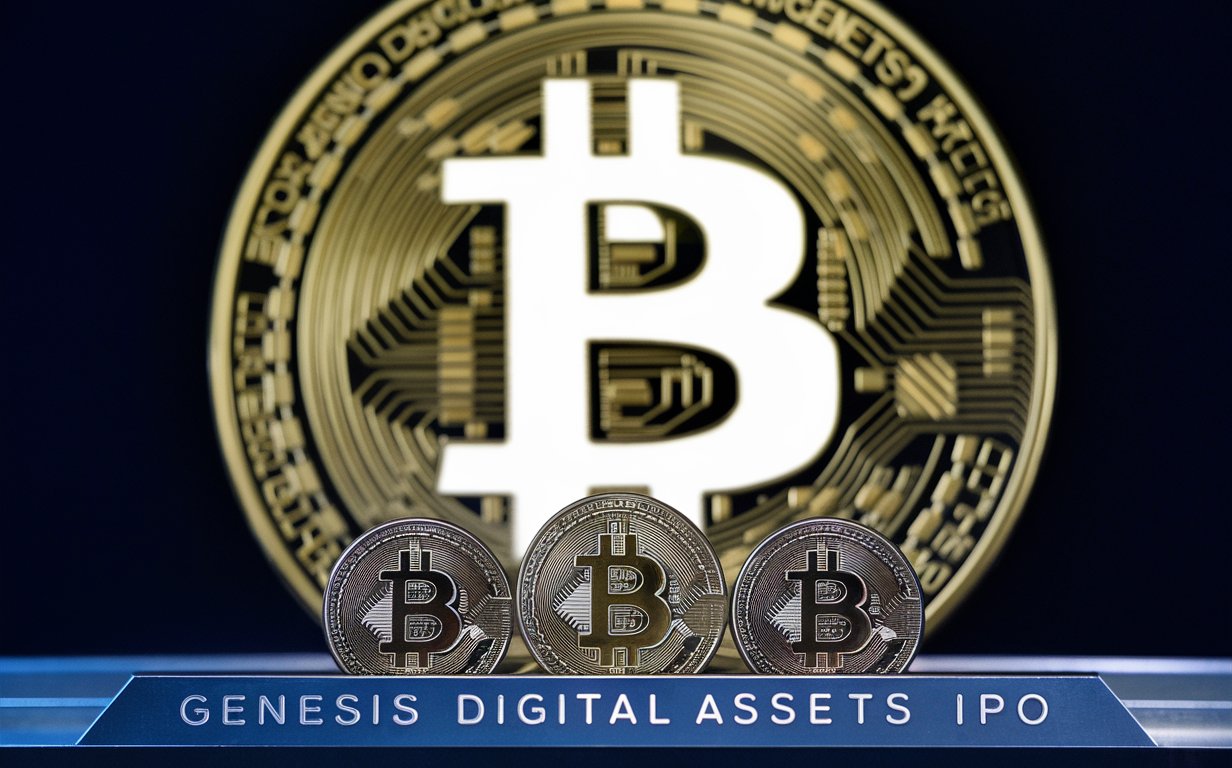
Hong Kong is regulating the crypto market to balance innovation and investor safety. Recent changes include major crypto exchanges OKX and Gate.io withdrawing their Virtual Asset Service Provider (VASP) license applications.
OKX withdraws VASP license application in Hong Kong
On May 24, 2024, OKX announced its withdrawal of the VASP license application. The exchange will stop offering centralized services to Hong Kong residents by May 31. Users’ funds will remain secure, but any open orders will be canceled by the end of May. Deposits made after this date might not be credited automatically. Users must withdraw their assets to self-custody wallets or third-party platforms by August 31, 2024. OKX cited business strategy considerations for its decision.
Gate.io’s exit from Hong Kong
Similarly, on May 23, 2024, Gate.io’s Hong Kong entity, Gate.HK, announced it was winding down operations and withdrawing its application for a crypto trading platform license. Users must withdraw assets by August 28. The platform will delist all cryptocurrencies by May 28. Gate.HK will not accept new users or deposits and plans to overhaul its platform, potentially developing new services and products. The company may resume regional operations later.
Hong Kong’s new licensing regime
These moves respond to Hong Kong’s new licensing regime for cryptocurrency service providers. Introduced by the Legislative Council in December 2022 and effective from June 2023, the Hong Kong Securities and Futures Commission (SFC) required all regional crypto exchanges to acquire an operational license. Exchanges without a license must stop services by May 31, 2024.
Government’s commitment to fintech
Hong Kong’s Finance Secretary, Paul Chan, emphasized the government’s commitment to a favorable fintech environment while ensuring investor protection.
He stated, “We will continue to review and fine-tune our regulatory regime to keep pace with market developments and remain fit for purpose.”
Despite OKX and Gate.io’s withdrawals, other major digital asset platforms strive to meet Hong Kong’s licensing requirements. Exchanges like Crypto.com, HKVAX, and Bullish have applied for retail trading licenses. They undergo rigorous checks, including risk profiling, insurance, and asset custody measures to protect investors and ensure market integrity.
Global trend towards stricter regulation
The SFC’s approach reflects a global trend towards stricter crypto industry regulation, aiming to prevent fraud and money laundering. By enforcing these regulations, the country aims to build a secure and transparent crypto trading environment while maintaining its status as a leading financial hub.
OKX reassured customers that its OKX Web3 self-custodial wallet would remain available to local users and would not be affected by the cessation of centralized exchange services. This move highlights the company’s focus on regulatory compliance while serving its user base through alternative platforms.
Gate.io’s future plans
Gate.io’s decision to cease Hong Kong operations and withdraw its license application was influenced by the region’s increasingly strict regulations for virtual asset service providers. The SFC warned that any VASP operating without a license must close by May 31, prompting some exchanges to submit applications quickly, while others shut down businesses. Gate.HK plans to make necessary changes to its operations and intends to restart its business in Hong Kong later.
Other exchange withdrawals
The regulatory changes in Hong Kong have prompted various responses from crypto exchanges. For instance, HKVAEX, a Hong Kong crypto exchange allegedly linked to Binance, announced it was closing its business after withdrawing its license application on March 28. Similarly, Huobi HK, HTX’s Hong Kong affiliate, withdrew its license application for the second time on May 14 and will shut down operations by August. According to the SFC rule, virtual asset providers that fail to meet requirements must shut down by May 31 or within three months of being notified by the regulator.
Conclusion
As Hong Kong continues to refine its crypto regulations, the government remains focused on fostering a secure and innovative financial ecosystem. The SFC’s stringent licensing regime and ongoing regulatory reviews underscore the importance of adapting to the rapidly evolving crypto landscape while prioritizing investor protection and market integrity.
Read more: Coinbase Emphasizes Gary Gensler’s Email is the Key Evidence
Discover more from The African Crypto
Subscribe to get the latest posts sent to your email.
















